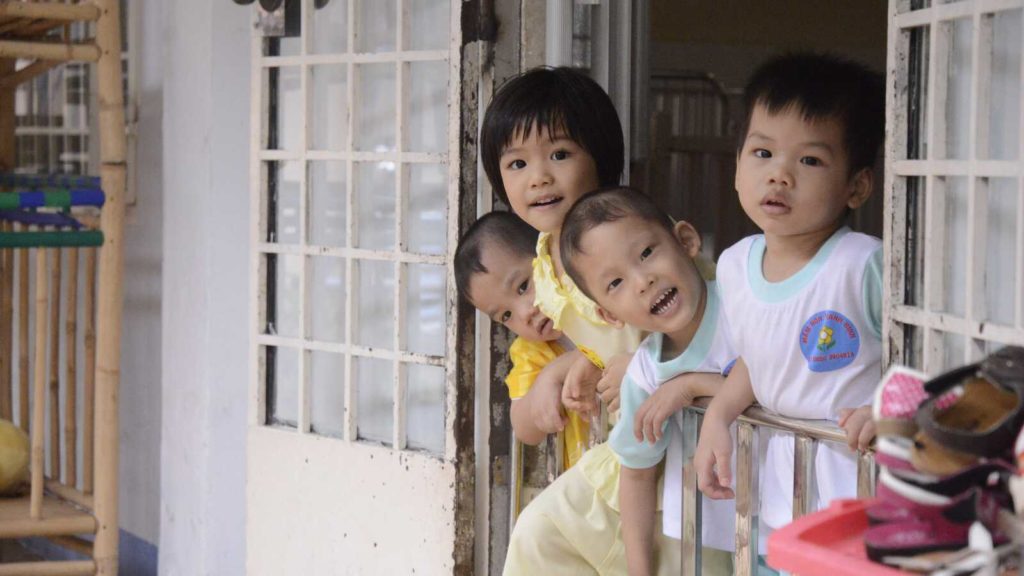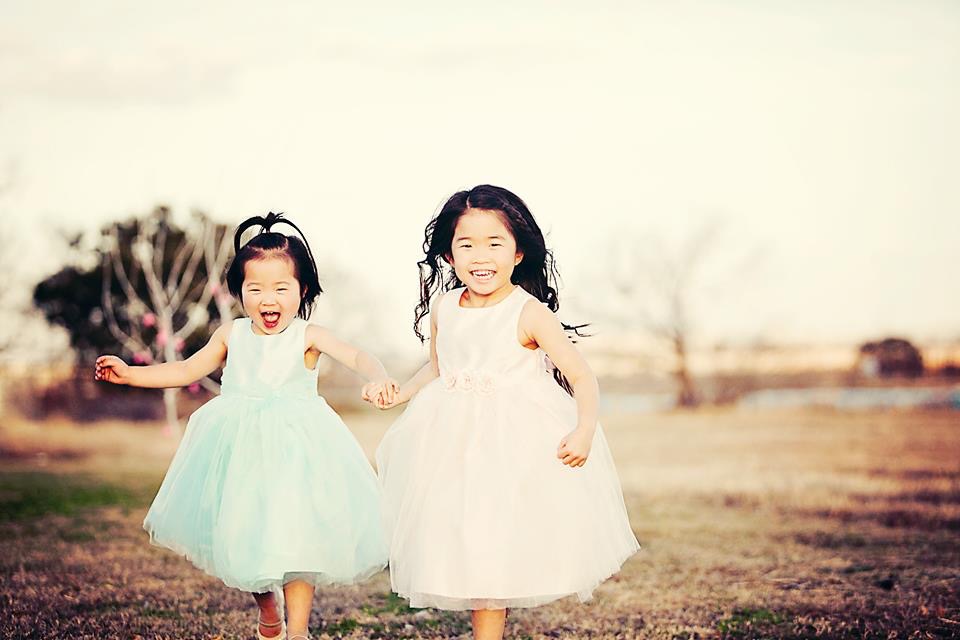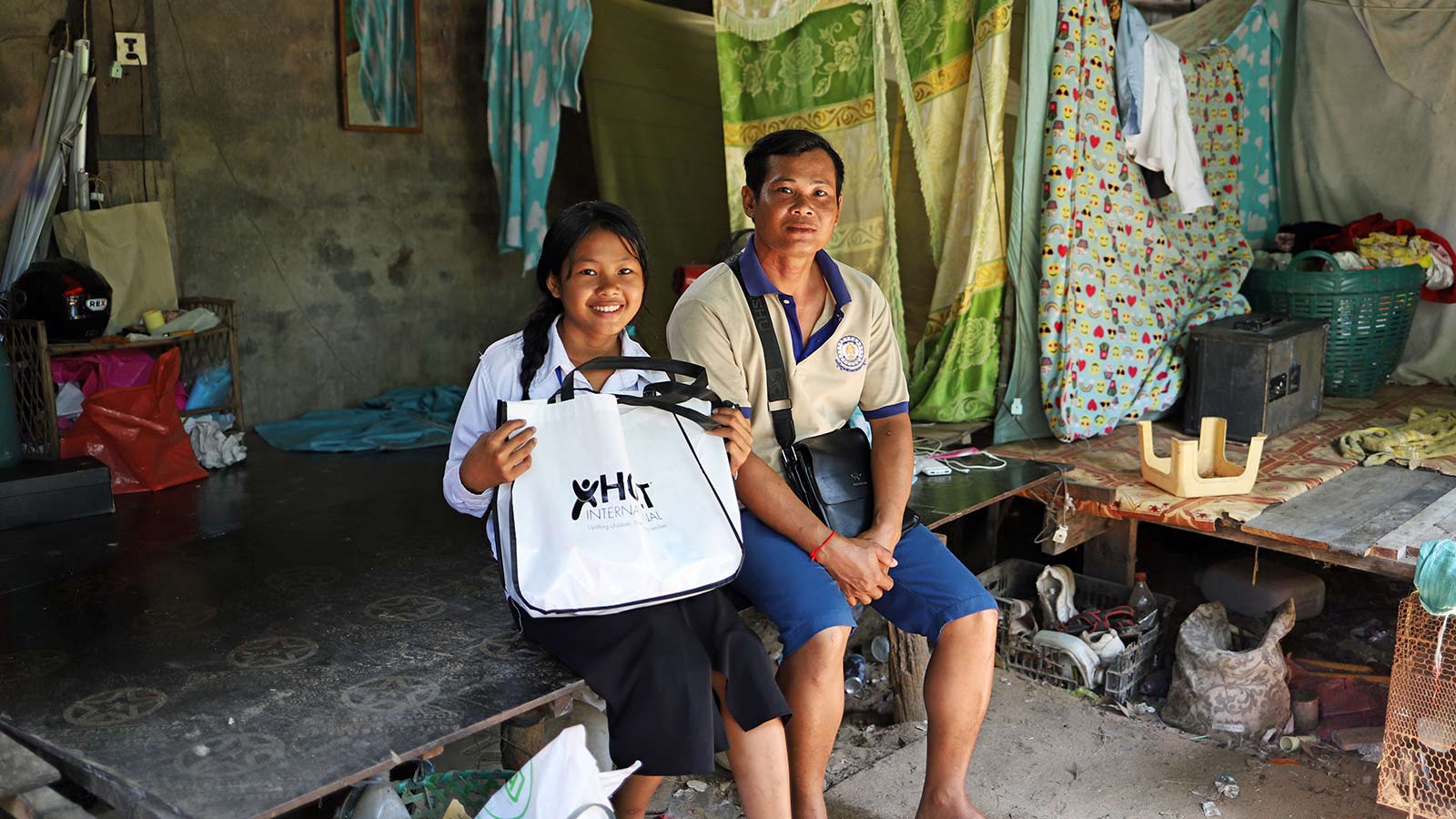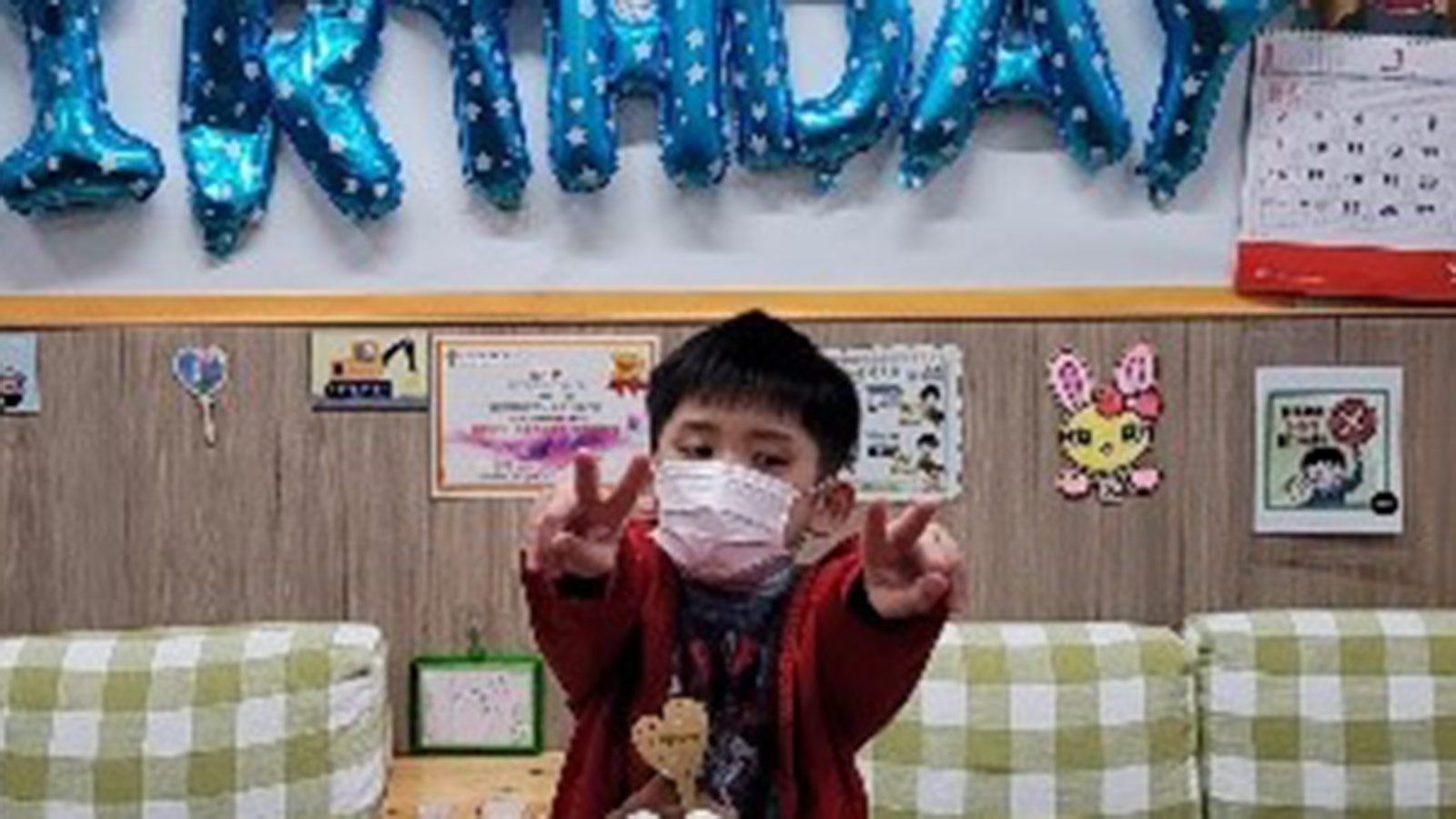Many adoptees want to know more about their birth heritage. If your child was adopted from Korea, their birth family name might give you some insight into their past.
There’s a popular joke in Korea that goes something like this: “If you throw a stone from a hill in Seoul, there’s a 50% chance it would hit a Kim, Lee or Park.” That’s because these three surnames are so common in Korea that nearly half the population of 51.3 million has one of them!
Every 15 years, the Korean Statistical Information Service (KOSIS) conducts a Population and Housing Census, which reveals the nation’s most common surnames. The latest census was conducted in 2019 and discovered 286 surnames in Korea.
Kim, Lee and Park have traditionally been the most common surnames in Korea.
Korean family names are typically one syllable in length, with a few exceptions. Traditionally, a child takes their father’s surname, but Korean women do not take their husband’s surname after marriage. In addition, in antiquity, commoners did not necessarily have family names determined by their lineage, but instead the last name was determined by the clan or region in which they were born. Kings would grant commoners surnames as a mark of favor. Thus, having the same family name does not always mean that people are related.
The following list contains the 10 most common family names in Korea along with their Hangul (Korean) character, based on the 2015 KOSIS census. Many have their roots in ancient Korea and can be traced back to royalty.

Help Protect International Adoption for Children
Your gift today will help a child be adopted, care for them while they wait, and even ensure that they receive critical post-adoption help for life!
1. Kim (김)
More than 10.6 million Koreans — or 21.5% of the population — had this surname in 2015, making it once again the nation’s most popular. The Kim family name has royal origins, going as far back as the Silla dynasty (57 B.C.– 935 A.D.) and the Gaya confederacy (42 A.D.– 562 A.D.). When these two kingdoms united, the resulting merger led to Kim becoming one of the most common family names in Korea. During the Joseon dynasty (1392 A.D. – 1910 A.D.), many commoners adopted family names for social and economic advantages. Many chose the name of the biggest clan at the time, which was the Kims. In English, the name Kim translates into “gold.”
2. Lee (or Yi) (이)
The name Lee means “plum” or “plum tree.” In 2015, 7.3 million Koreans — or 14.7% of the population — had this surname.
3. Park (pronounced Pock) (박)
Some 4.1 million Koreans — or 8.4% of the population — were named Park in 2015. The name can be traced to King Hyeokgeose Park, who lived from 57 B.C. to 4 A.D. Park is believed to come from the Korean word “bak,” meaning “gourd.”
4. Choi (최)

The surname Choi translates as “mountain,” “pinnacle” or “top.” In 2015, there were about 2.3 million Chois in Korea.
5. Jung (or Jeong) (정)
Some 2.1 million Koreans surveyed were named Jung (or Jeong), making it the fifth most common surname in the census. The Jung surname means “young,” and was often used to distinguish the younger of two men with the same name, such as a son from a father or the younger of two cousins.

6. Kang (강)
Kang derives from the word “ginger.” In 2015, more than 1.1 million Koreans had this family name.
7. Cho (or Jo) (조)
Cho is a royal family name held by roughly 1.05 million Koreans in 2015. It translates as “second,” “beginning” or “candle.” Jo derives from the words “dynasty” or “imperial court.”
8. Yun (or Yoon) (윤)
The surname Yun (or Yoon) means “governor.” About 1.02 million people reported having this name in 2015.
9. Jang (장)
About 992,000 Koreans had this family name in 2015. Jang translates as “archer.”
10. Im (or Lim) (임)
Rounding out the top 10 is the surname Im or Lim, a variation of the name. There were roughly 823,000 Ims (or Lims) in Korea in 2015. The name translates into “forest,” “woods” or “trees.”

Learn more about Holt’s work in Korea!
See how sponsors and donors create a brighter, more hopeful future for children and families in Korea!

Sources: KOSIS 2015 Population and Housing Census, The Asia Society, Creatrip.com


